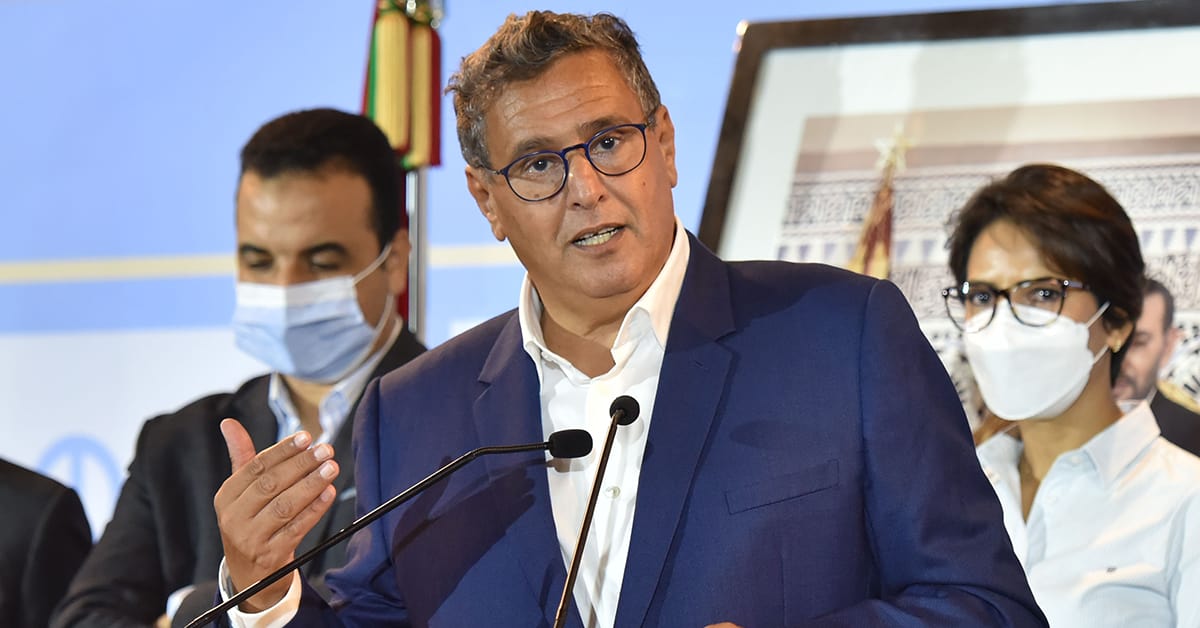Islamists lose power to liberals but the king continues to dominate political decision-making.

In power for ten years, Morocco’s Justice and Party Development, the first Islamist movement to win an election in the region, was projected by many to shed some votes in September’s parliamentary ballot. Instead, the party retained only 12 of the 125 seats it previously held. The liberal and pro-business National Rally of Independents Party scooped up most of them. Its leader, the billionaire Aziz Akhannouch, will now lead a coalition government with a comfortable majority but extremely limited powers.
“King Mohammed VI and his men remain the center of power in Morocco, and the political parties are simply required to execute their plans,” says Abdeslam Maghraoui, a professor of political science at Duke University.
The Islamists, he explains, were kicked out by electoral design: “The voting system in Morocco is not free and transparent. On top of that, they fell very short on their promises to the people when they came to power in 2012, and they did not possess the managerial high skills necessary to confront the country’s huge challenges.”
Akhannouch is likely to encounter similar hurdles—and, perhaps, fate—according to Maghraoui, who is not a fan of his. “First and foremost, he is an entrepreneur but not a self-made one. He inherited fortunes from his father’s wholesale and distribution of fuel in Morocco; and he turned what he inherited into a diverse, gigantic business enterprise thanks to his friendship and loyalty to the current king and his men.”
Despite the aggressive techniques of mobilization and recruitment that contributed to the success at the polls, the political party Akhannouch leads has already proved ineffective and subservient to the palace, Maghraoui argues.
Africa’s 12th-wealthiest individual, according to Forbes’ annual ranking, will do everything to avoid putting his empire in jeopardy. “Morocco’s challenges are structural, and Akhannouch epitomizes the very policies that led to the current problems: corruption, nepotism, lack of transparency and accountability, poor planning,” Maghraoui adds.



